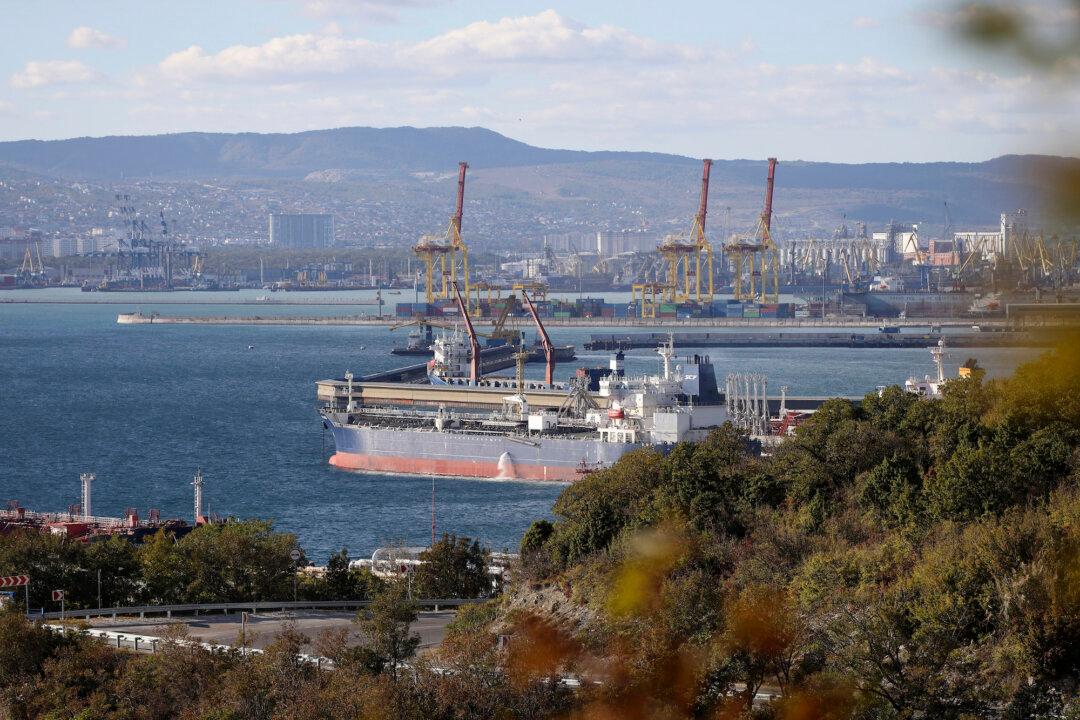European Union member countries have agreed to a $60-per-barrel price cap on Russian oil in a bid to weaken the Kremlin’s ability to wage war in Ukraine, though Moscow has said the move is meaningless as it plans to keep charging buyers regular prices or cut them off.
After a last-minute flurry of negotiations, the EU’s rotating presidency, currently held by the Czech Republic, said in a statement that “ambassadors have just reached an agreement on price cap for Russian seaborne #oil.”





